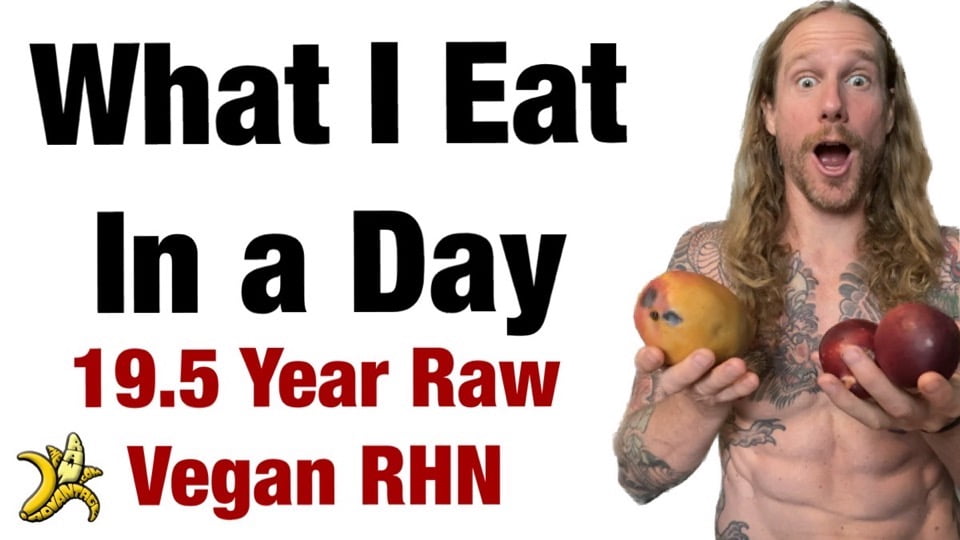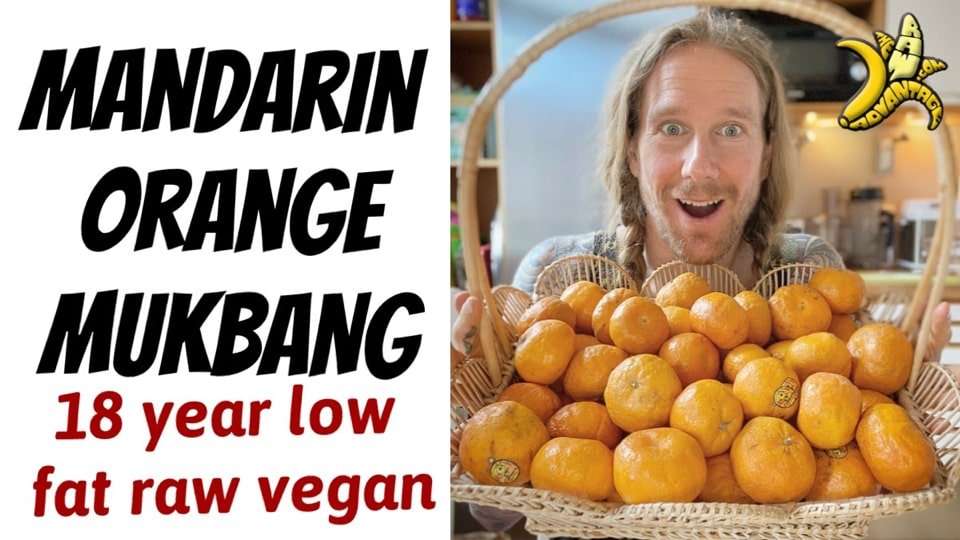Highest Calorie Health Food?
Do you know what the Highest Calorie Health Food is?
This commonly touted “health” food has the highest calories per gram of any food on the planet while conversely having among the lowest nutrient density per calorie of any food?
It’s also implicated with temporary insulin resistance, elevated insulin needs as well as weight gain?
We’re talking about oil…?
Yes, all forms of oil, cold pressed, extra virgin, even raw oils ?
At 9 calories per gram, all forms of oil are the highest calorie health food or at least are promoted as health foods…
When learning about healthy food over the last 20+ years one of the repeated themes I have heard again and again is to go toward whole foods and away from processed foods. Oils are highly processed foods if you can call them that, but what are you to do?
It’s in everything…?
The trick is to experiment and replace oils with whole-food fat sources, such as hemp seeds, avocado, coconut, and other nuts and seeds. These whole foods come in a perfect nutritional package that includes the fiber and water content to slow the absorption and protect you from overeating these high-calorie foods. All of my recipe books are 100% oil-free and utilize whole food fat sources when adding overt fats to the dishes.
Check out all of my recipe books and guides here:
There are many advantages to using whole food plant-based fats including:
- Nutrient-Dense: Whole food plant-based fats are rich in essential nutrients, such as fiber, vitamins, minerals, and antioxidants, that are important for optimal health.
- Better for Heart Health: Whole food plant-based fats have been shown to improve heart health by lowering LDL (bad) cholesterol and reducing the risk of heart disease.
- Promotes Healthy Digestion: Whole food plant-based fats are a good source of fiber, which is important for healthy digestion and regular bowel movements.
- Sustainable: Using whole food plant-based fats is more sustainable for the environment than using oils. Many oils are highly processed and require significant resources to produce.
- In conclusion, incorporating whole food plant-based fats into one’s diet can be a healthy and sustainable way to improve health and reduce the risk of chronic diseases. Health professionals can start by making small changes and experimenting with different whole food plant-based fats in their cooking.
More about Oils:
While everything is relative, it’s safe to say that compared to whole foods oils of any kind are not truly a “health” food. This is due to the fact that they lack important macro and micronutrients that are naturally found in a perfect symphony in whole foods. Oils are highly processed and refined, meaning they are stripped of vitamins, minerals, and fiber that are necessary for a truly healthy diet. Furthermore as stated above, oils are incredibly high in calories, with a single tablespoon containing around 120 calories (1).
This high caloric load and very little flavor added and covert oil in processed foods can lead to weight gain and obesity if consumed in large quantities. Additionally, many of the oils on the market are not naturally occurring, which means that they have been produced using toxic chemicals, solvents, and high temperatures in their processing. This can cause them to be rancid and result in them containing harmful compounds, such as trans fats and free radicals, that can lead to inflammation and other health problems (2).
The health risks associated with oils include temporary insulin resistance, elevated insulin needs, and an increased risk of cardiovascular disease, stroke, and other chronic diseases. This is due to the high levels of saturated fats, trans fats, and cholesterol found in many types of oil (3). Additionally, many of the oils on the market are not what they say on the label, meaning even high-quality pure olive oils have been found to be cut with cheaper oils to increase profit. Going deeper into brain health, most plant oils are high in omega–6 fatty acids, which can lead to inflammation in the body (4) as well as lower conversion of omega 3’s to EPA and DHA.
In contrast, whole foods are naturally nutritionally superior to oils in every way. They contain a variety of essential nutrients, such as vitamins, minerals, and fiber, that are essential for a healthy diet and come fresh with the full flavor profile for more enjoyment and satiation. Additionally, whole food fat sources contain many antioxidants, phytonutrients, and other bioactive compounds that can help reduce the risk of chronic diseases (5).
In conclusion, oils of any kind are not a true health food due to their lack of essential nutrients and their potential to cause health problems. Whole foods, on the other hand, are nutritionally superior, providing a variety of essential nutrients and bioactive compounds that can help reduce the risk of chronic diseases.
References:
1. Nutrition Data: “Nutrition Facts for Oil” https://nutritiondata.self.com/facts/fats-and-oils/507/2
2. National Center for Complementary and Integrative Health: “Fats and Oils: Which Are Healthier?” https://nccih.nih.gov/health/fats–and–oils–which–are–healthier
3. World Health Organization: “Diet, nutrition, and the prevention of chronic diseases”. https://www.who.int/nutrition/publications/en/diet_nutrition_chronicdiseases.pdf
4. Harvard Health Publishing: “The right balance of omega–3 and omega–6 fatty acids”. https://www.health.harvard.edu/staying–healthy/the–right–balance–of–omega–3–and–omega–6–fatty–acids
5. Harvard T.H. Chan School of Public Health: “The Nutrition Source: Whole vs Processed Foods”. https://www.hsph.harvard.edu/nutritionsource/whole–vs–processed–foods/
A heads up on the Bundle Promotion in the video…
I am sorry to say the Ultimate Health and Weight Loss Bundle promotion is over for 2023.
Be sure to subscribe and follow me on Instagram to be notified first for the next bundle!
As Always
Wishing You Much
PeaceLovenSeasonalFruit ck







